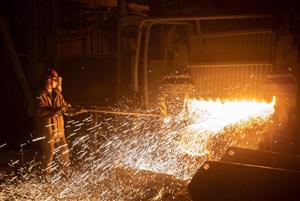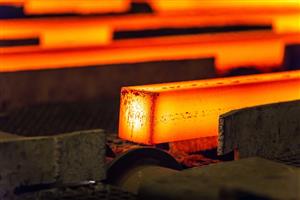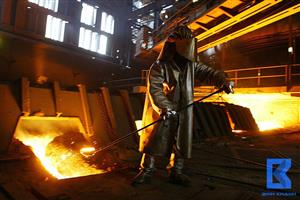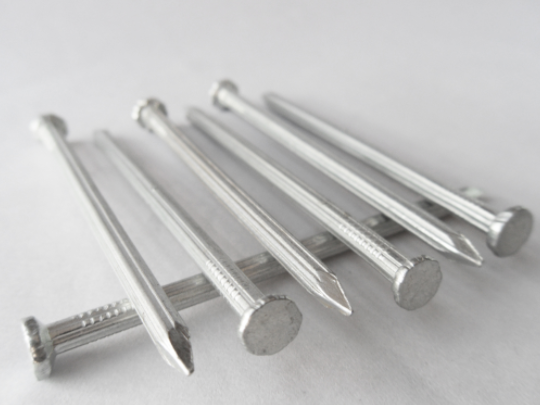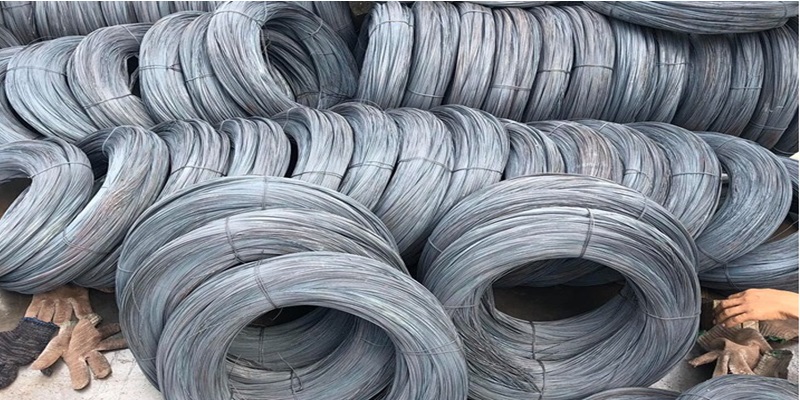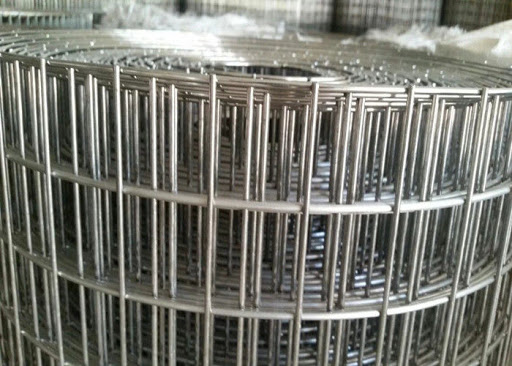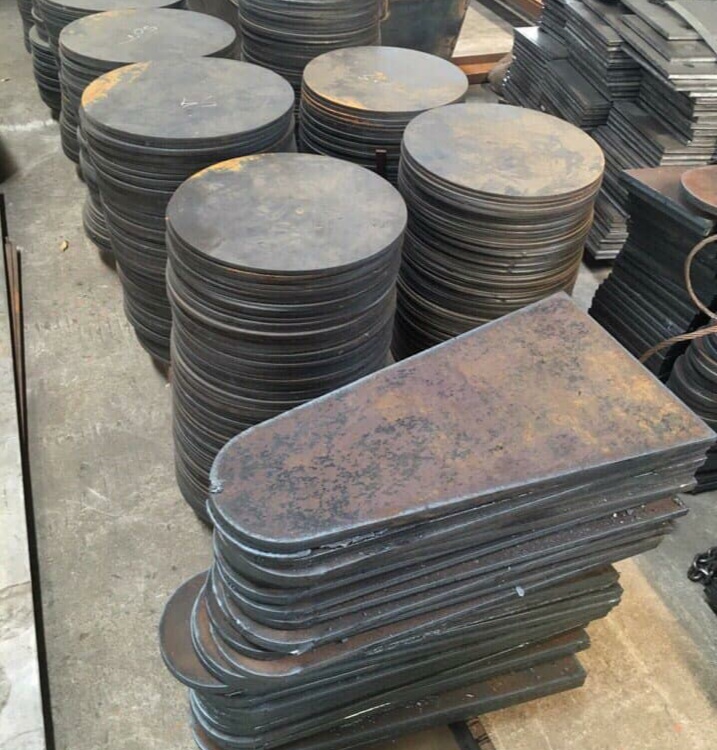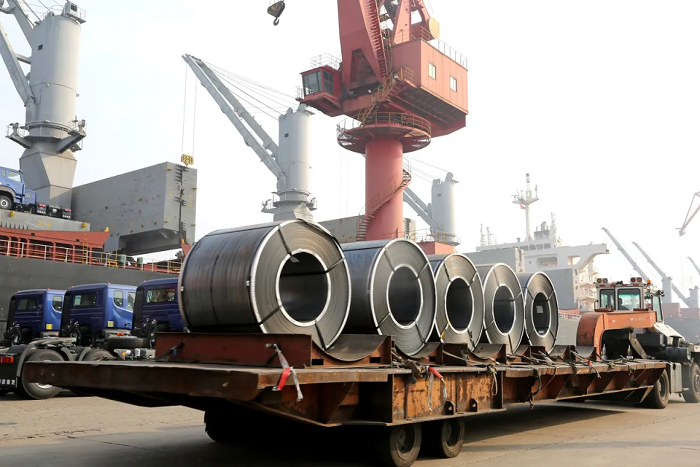
Steel prepared for export at Lianyungang, China. (Photo: Getty Images).
Past its prime
When it comes to steel, China is king. It produces more than 1 billion tons of steel a year, more than half of global output. But now its steel industry is in trouble. The decline of China's steel industry threatens to cause turmoil around the world.
China's real estate crisis has left it with too much steel and too little demand. The fear in other countries is that China will dump its excess steel on the world, causing prices to plummet, factories to close, and workers to lose their jobs.
This scenario would pose a major challenge to economies, especially Germany and Europe. In the US, any potential threat from China could become a sensitive political issue in the presidential election because steel plays a key role in battleground states like Pennsylvania.
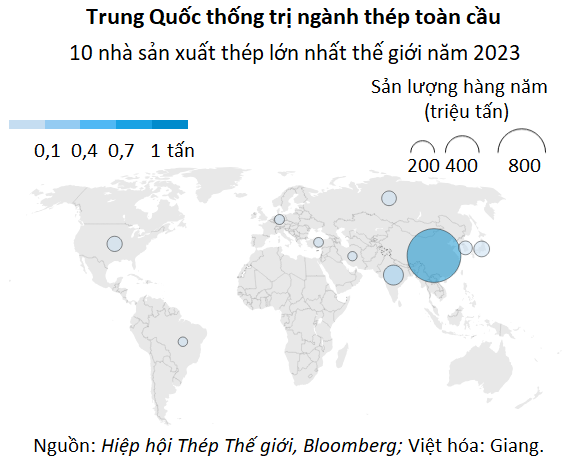
Last week, China Baowu Steel Group Chairman Hu Wangming warned that China’s steel industry was facing a “harsh winter.” His words carry weight in China and around the world, as his empire produces 130 million tons of steel a year—more than the United States, Germany and France combined.
Another major conglomerate, Shanxi Jianbang Group, has also stressed the crisis in recent days. General Manager Zhang Rui wrote on the company’s WeChat channel that the steel industry needs to cut more than 30% of its businesses to overcome the current difficulties.
“China’s steel demand has peaked and will continue to decline in the coming period,” said Wu Wenzhang, a steel industry veteran with more than 40 years of experience. “It is very difficult for the steel industry to escape this cycle in the next two to three years unless the government actively promotes mergers and restructuring.”
Political and economic storm
Falling steel prices have hit manufacturers hard, squeezing profit margins and forcing plants to close.
This year, the Chilean government rushed to impose new tariffs on Chinese imports to prevent domestic steelmaker Cap from closing. But after repeated threats, Cap decided to shut down anyway.
Hector Medina, a 72-year-old union leader, negotiated severance pay for 2,500 workers. But Chile has more than 20,000 workers who depend on Cap’s operations. “Cap’s closure is a disgrace and a consequence of competition from China,” Medina said. “We will all lose our income.”
In Europe, demand for steel was already weak. Germany’s Salzgitter said overcapacity and Chinese exports were among the reasons it reported a first-half loss.
Germany’s economy ministry told Bloomberg that it was monitoring the situation, noting “intense international competition.” ArcelorMittal SA, Europe’s top steelmaker, made a similar comment.
“The warnings from China show that our fears are becoming reality… Overcapacity is endangering the profitability and sustainability of the German steel industry,” Martin Theuringer, head of the German Steel Association, said.
The last steel crisis in 2015 and 2016 triggered a political firestorm in the United States and Europe. Donald Trump spent much of his 2016 presidential campaign promising to protect the United States from cheap Chinese goods, while European lawmakers struggled to protect domestic industries.
Beyond economics, steel has national security implications due to the defense industry’s demand for the commodity.

China’s sheer size means that even small shifts in domestic demand can send shockwaves abroad. China exported as much steel as all of North America in the first half of 2024 and could reach 100 million tons this year.
Falling domestic steel prices mean Chinese producers are more profitable selling overseas. Hot-rolled coil exports from China are at their lowest prices since 2020. Global hot-rolled coil prices are also at multi-year lows.
Speaking to the United Steelworkers union earlier this year, President Joe Biden called for tariffs on Chinese steel and aluminum.
“China’s excess capacity poses a serious risk to the future of the American steel and aluminum industry,” said Lael Brainard, one of Biden’s top economic advisers.
The US is also moving to restrict steel exports from China to third countries such as Mexico.
Washington and its allies have no simple solution to China’s steel problem. Some have advocated creating larger companies to increase competitiveness, such as Japan’s Nippon Steel acquiring United States Steel. But the deal has been met with opposition from politicians, including Biden and Trump.
The Chinese government itself is in a dilemma. Officials may want to restructure the steel industry, but doing so would stifle growth and threaten jobs at a time when the economy is struggling. Steel is a critical commodity, with millions of jobs dependent on the production of the metal and the coal used to fuel blast furnaces.
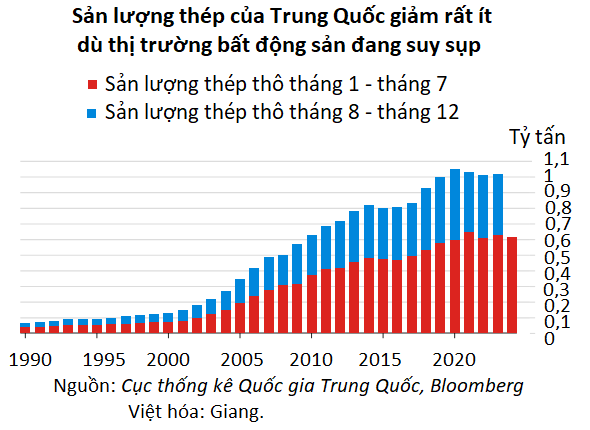
Vietnambiz
 English
English  Vietnamese
Vietnamese
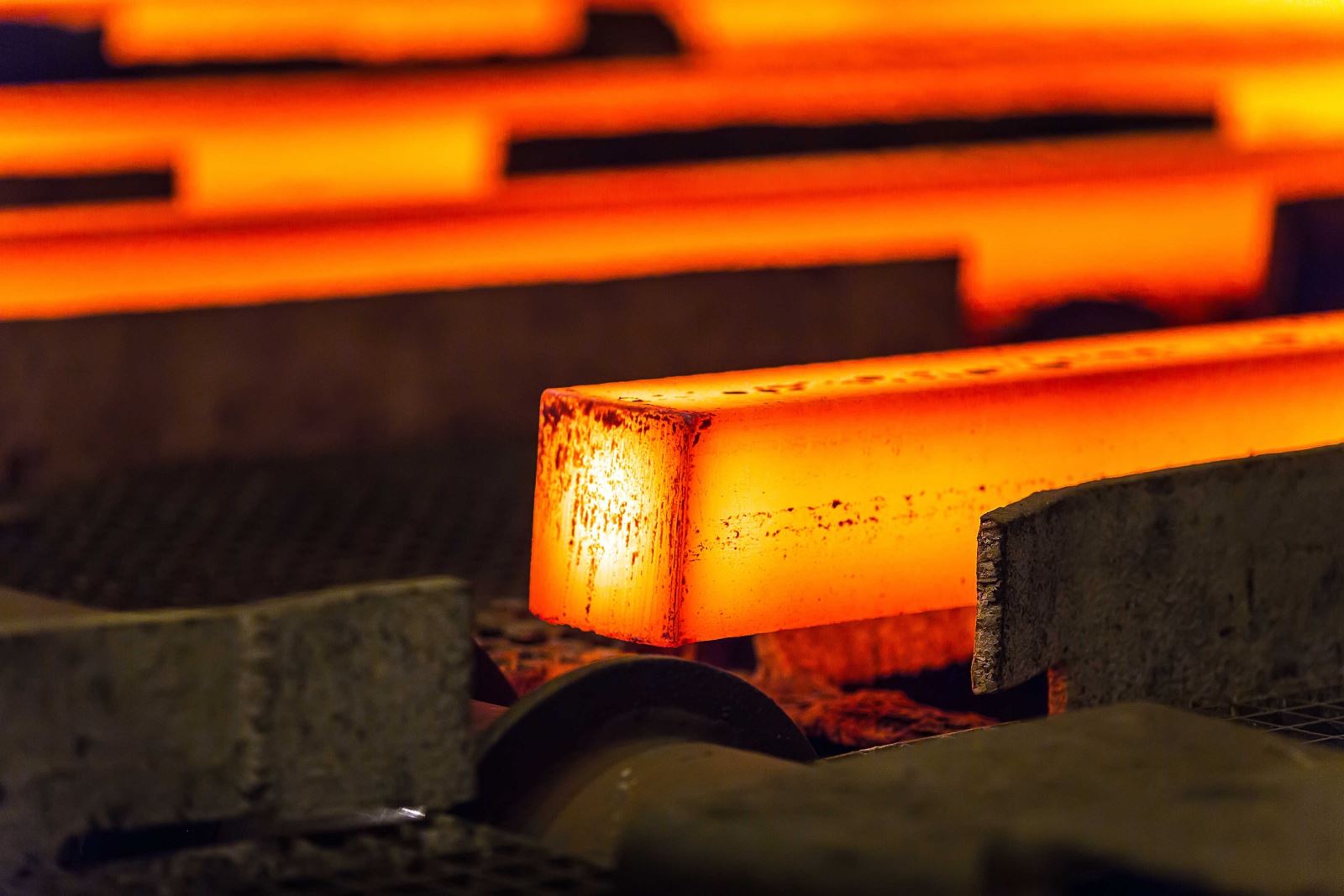


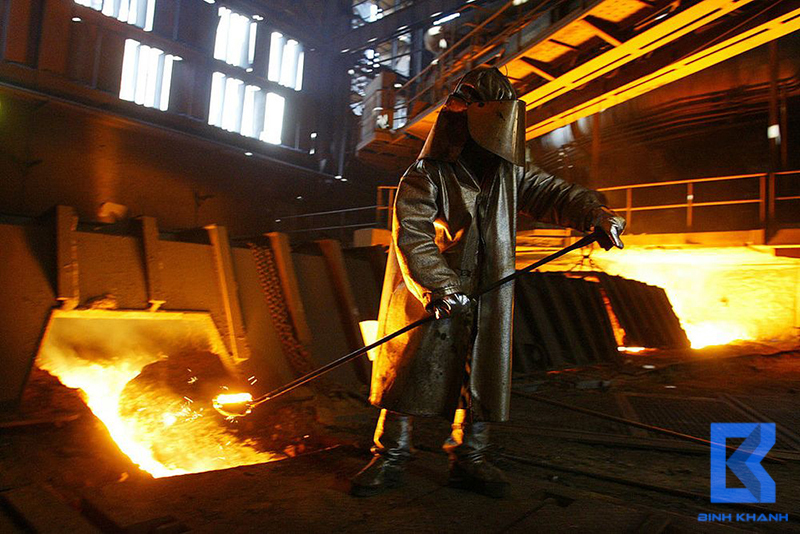

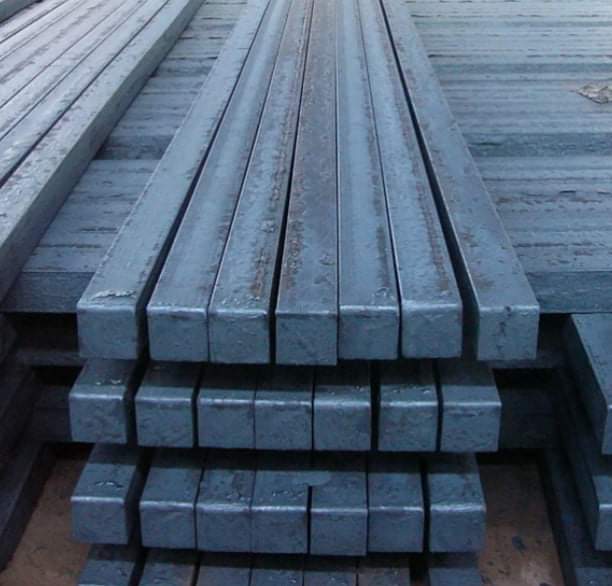

w300.jpg)
